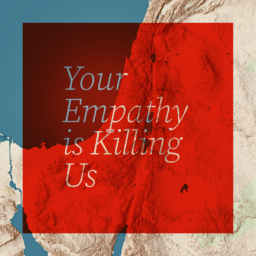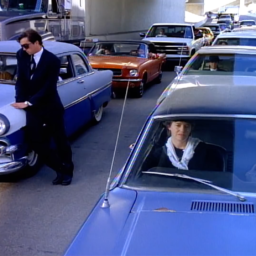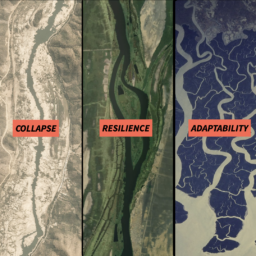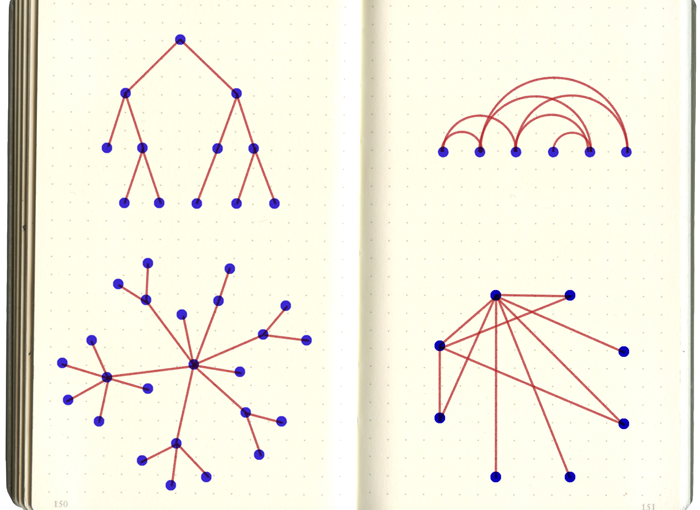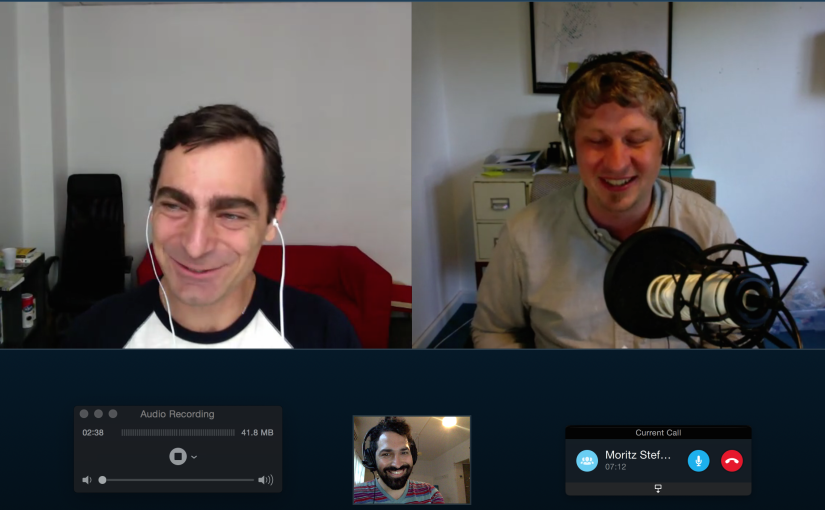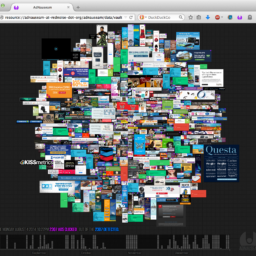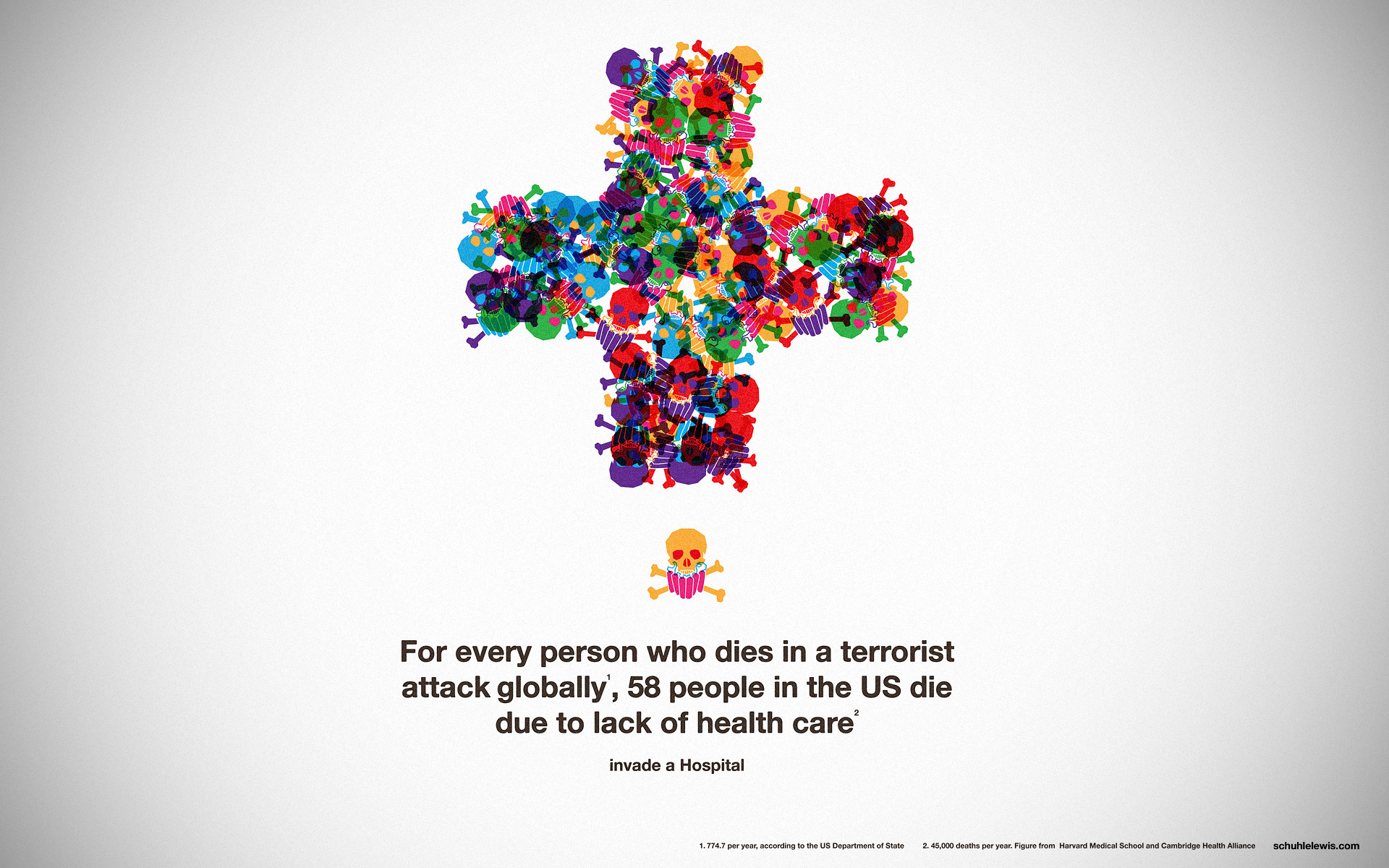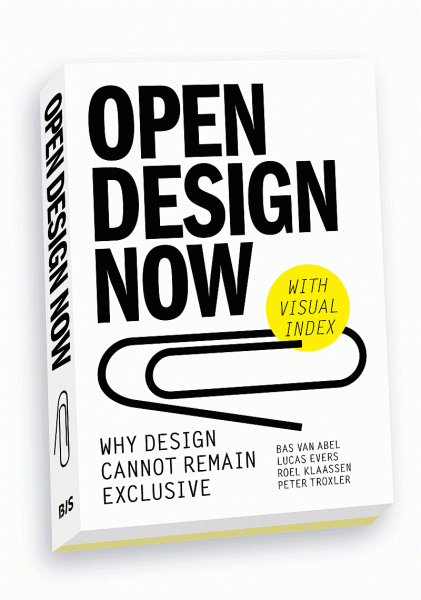
I guess “NOW” is relative as the essay I wrote for Open Design Now is now at least 2 years old. But still I figured it makes sense to share. (on more than one level) I recommend reading this in the original site, but just as a backup I will publish it here as well. One of the reasons I waited with publishing it here in the blog (even though the whole book is CC-SA-BY licensed) is that the publishing model they took was to slowly publish the essays over a long period of time, one essay at a time. And the book was going from 0% open to 100% open. It’s an interesting model, certainly a compromise between the OPENESS tribe and the publisher’s concern over the INTELLECTUAL PROPERTY and the commodification of the content. Now that it is 100% open, and my essay is just slightly dated, I think it’s fair to share it here :)
Mushon Zer-Aviv describes his efforts to teach open source design as an attempt to investigate why collaborative work combined with individual autonomy has not been common practice in design, as it is in open source software development. He discusses whether what worked for code might just as easily be transferred to design: the physical object as binary structure.
Continue reading “OPEN DESIGN NOW / Learning By Doing”
